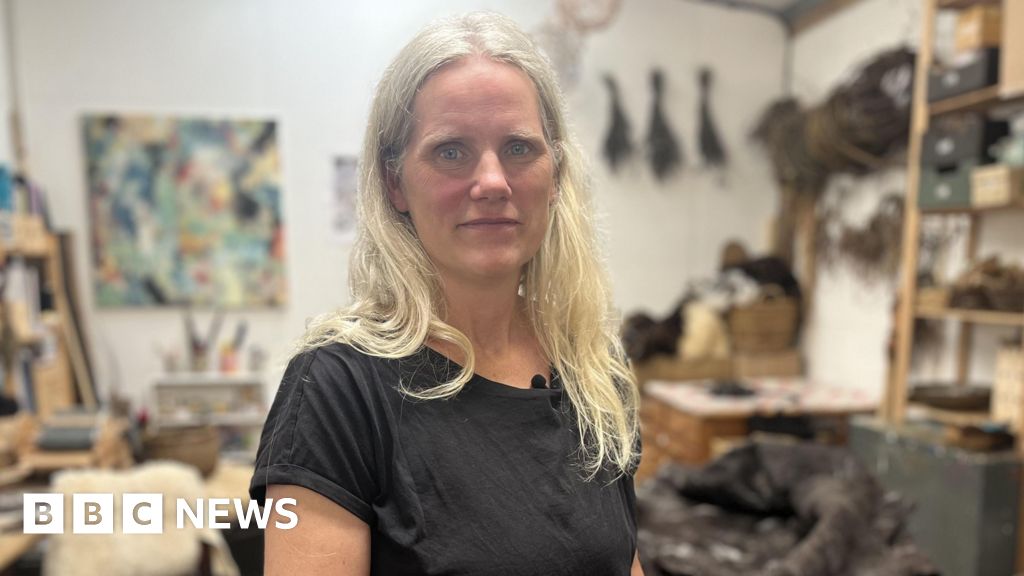
SAN FRANCISCO: Three decades ago, five men formed
venture capital
firm
Benchmark Capital
on Sand Hill Road in
Silicon Valley
with a simple pitch -- Small is beautiful. They stuck to traditional VC playbook: write tiny checks to invest in private tech companies and help them succeed with guidance and connections. It would resist the urge to become bigger over time.
Fourteen years later, two entrepreneurs set up shop across the street with a very different plan. They established
Andreessen Horowitz
, a venture capital firm that would do more of everything - raise more money, do more deals, make more noise and flash more attitude. Ben Horowitz, one of the firm's founders, called his creation the "anti-Benchmark."
Since then, Andreessen Horowitz has expanded in every direction. It created funds focused on cryptocurrencies, defense and other tech, managing a total of $44 billion. It became a registered investment adviser, meaning it could own public stocks and cryptocurrencies. It hired 80 investment partners and opened five offices. It publishes eight newsletters and seven podcasts, and has more than 800 portfolio companies. It recently added private wealth management services. There are persistent rumors that it will go public.
Benchmark, on the other hand, has hardly budged. It still has five partners who make investments. This year, it raised a new $425 million fund, which is roughly the same size its funds have been since 2004. Its website is a single landing page.
The gap between the two firms underscores the profound divergence in the industry that fosters American innovation. "The venture market has permanently changed," said Theresa Sorrentino Hajer, the head of venture capital research at Cambridge Associates, an investment firm that has backed venture funds since late 1970s. "It's no longer a cottage industry by any stretch."
Those pushing VC's bigger-is-better strategy said their approach was simply the natural outgrowth of the industry's decades of success. Apple, Microsoft, Meta, Google and Amazon - five of the world's most valuable public companies - were all started with the help of venture money.
And as Marc Andreessen, an Andreessen Horowitz founder, predicted in a 2011 post, software ate the world. Tech has infiltrated every industry, creating infinite opportunities for startup disruption. Now, bigger-is-better supporters say, even more money is needed to solve society's thorniest problems with innovation. Small funds, they scoff, can back only small ideas.
Too big, too bloated?
The growth has prompted frustration and fear about the delicate system of money, talent and ideas that makes Silicon Valley tick. Some worry that venture funds have become too big and the firms too bloated, with not enough good startups to invest in, which hurts returns. Smaller firms are struggling to compete against the big funds that can invest more, pay higher prices and more easily absorb losses.
Some wonder whether there is still a place for boutique partnerships such as Benchmark in an age of ever-expanding megafirms such as Andreessen Horowitz. It has raised the question: What even is venture capital anymore?
A venture paradox
In 2009, Andreessen, a creator of the Mosaic web browser and co-founder of Netscape, and Horowitz, a fellow Netscape executive, started their venture firm. Andreessen Horowitz's swagger bothered the industry. In an interview, Horowitz called investors who did not want to compete "the crybabies of Silicon Valley."
In contrast, Benchmark mostly stuck to its knitting. It made a string of winning bets on Uber, Twitter, Yelp, Zillow and others. Benchmark's first eight funds, which were raised and invested from 1995 to 2019, generated returns of more than 7.5 times the money invested, after deducting fees and profits taken by the fund.
Benchmark's Bill Gurley, a frequent blogger, often bemoaned the glut of capital sloshing around the industry. He warned that the easy money was causing startups to be reckless and spend too much, with no sign of making a profit or going public.
But others, led by Andreessen Horowitz, saw an opportunity to further build their empires by raising larger funds. Venture firms typically charge a 2% annual fee on their funds and take 20% of the profits on investments. Bigger funds meant bigger fees.
Smaller funds have typically earned higher returns, said Hajer, but they have also had higher rates of losses. Bigger funds tend to have median returns but fewer losses, meaning they are safer bets with less upside. The ballooning billion-dollar funds could change venture capital's return profile.
"You don't invest in VC to get median returns," she said.
Beezer Clarkson, an investor at Sapphire Partners, which invests in venture funds below $1 billion, said her firm sought out funds that could earn at least three times their money. "It's harder to see that when the funds get large."nyt

 2 hours ago
3
2 hours ago
3









